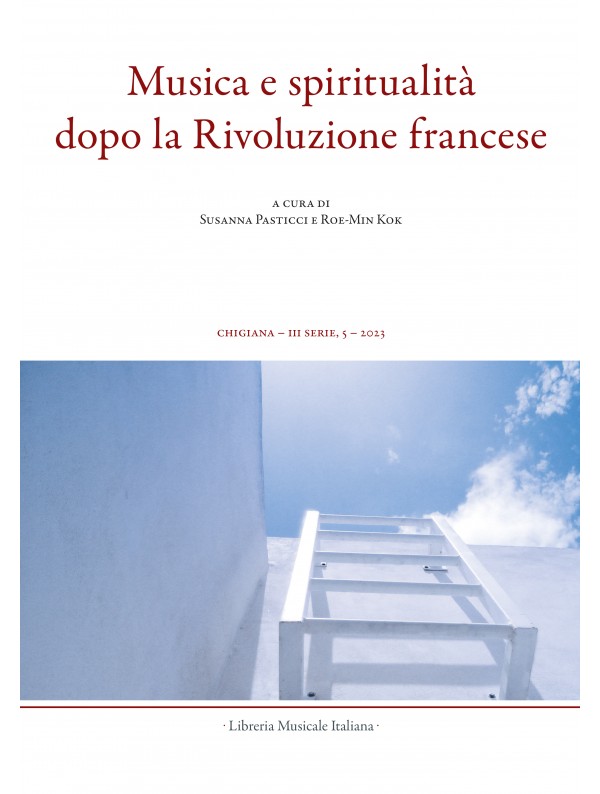«Qual può cristiano vantar virtute che il Sultan non vanti?»
Fede e ragione nella controversa recezione in Italia della Zaïre di Voltaire
Abstract
An interesting anticipation of these themes is cleverly hidden in the text of the tragedy Zaïre, first performed at the Comédie-Française on 13 August 1732. It became widely known in Italy from 1748, when the first translations were published by Giuseppe Finori, Giambattista Richeri and Gasparo Gozzi. The arrival of Zaira on the Italian musical stage dates back to 1797, with a libretto by Mattia Butturini for the composer Sebastiano Nasolini (Venice, Teatro San Benedetto). Two years later, another version by Bocciardini appeared at the Teatro Carolino in Palermo, with music by Francesco Federici, which enjoyed an extraordinary longevity, with many revivals until 1822. The success of this Zaira is undoubtedly due to the librettist’s efforts to return Voltaire’s text to its orthodoxy, softening the bitter criticism of revealed religion that it contains. Indeed, it is no coincidence that the opera was also known as Il trionfo della fede (The Triumph of Faith). A libretto by Felice Romani, much closer to Voltaire’s polemical vision, was prepared in 1829 for Vincenzo Bellini. After the unfortunate outcome of the opera conceived for the inauguration of the Teatro Ducale in Parma, it underwent further musical variations at the hands of Saverio Mercadante (Naples, Teatro San Carlo, 1831) and other contemporary composers. This article examines a hitherto unnoticed cut in Bellini’s score, which corresponds to a very ideologically exposed scene.
The passage — which may have been targeted by the censors from the very first performance of the opera — concerns the brief dialogue between Zaira and her confidante Fatima at the beginning of the second act (referring to the first scene of Voltaire’s fourth act). These few lines raise a crucial dilemma concerning the Sultan’s right to salvation on the same level as that offered to a Christian. Here, the bitter interreligious — and, in a broader sense, spiritual — question at the heart of Voltaire’s tragedy comes most clearly to the fore in Romani and Bellini’s opera.





